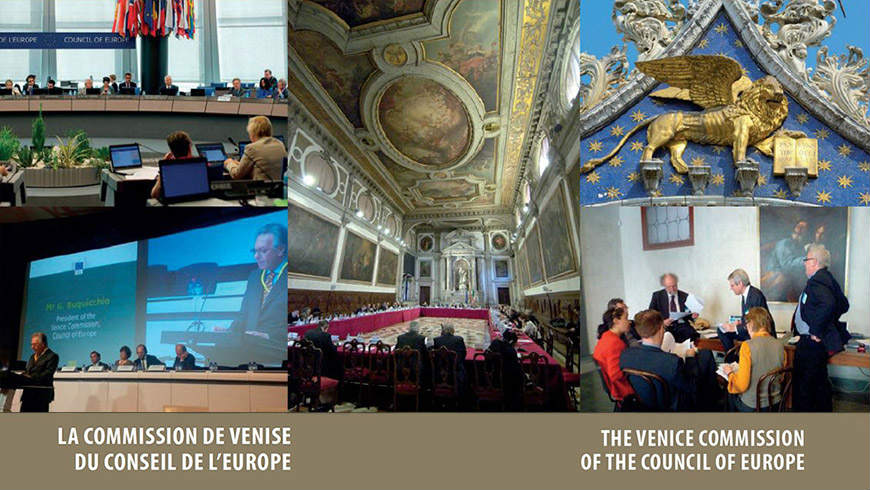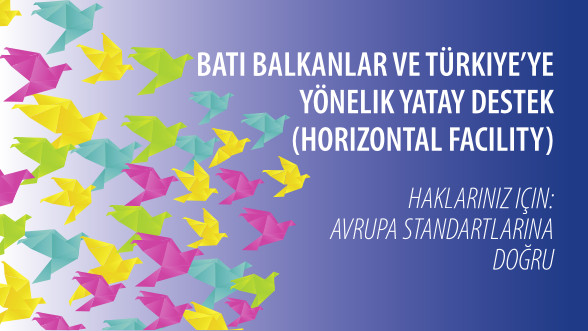The Council of Europe’s body of constitutional law experts, the Venice Commission, in its new urgent opinion on the revised draft constitutional amendments in Serbia said that most of its previous key recommendations have been met, but insisted on the need to reduce the risks of politicisation of the High Judicial and the High Prosecutorial Councils. Besides, the legislative changes necessary for the full implementation of the constitutional amendments should be urgently prepared.
In its new urgent opinion prepared upon the request of the Speaker of the National Assembly of Serbia, the Venice Commission analyses the very recent revised draft constitutional amendments introduced after its previous opinion adopted in October 2021.
The Commission finds that most of its key recommendations from the October opinion have been met, most notably the recommendation on the composition of the High Judicial Council. “This is to be welcomed,” the Commission says.
The recommendation related to the anti-deadlock mechanism for the election of the lay members of the High Judicial Council has not been followed, and the one related to the composition of the High Prosecutorial Council has only partly been followed. Even though the solutions proposed in the revised draft amendments in respect of these two recommendations do not go against any international standards as such, the Commission wishes to insist once again on the need to reduce the risks of politicisation of the two Councils.
Most of the other recommendations have been followed. For those that have not been followed, there is scope to implement them through legislative changes.
“Indeed, while the revised constitutional amendments, if adopted, have the potential to bring about significant positive change in the Serbian judiciary, much will depend on their implementation. The current constitutional reform is a necessary and important first step in the process but does not constitute the completion of this process. The legislative changes necessary for the full implementation of the constitutional amendments should be prepared on an urgent basis, through a holistic reform of the relevant organic laws,” stresses the Venice Commission. It underlines in particular that the new High Judicial Council and the new High Prosecutorial Council should not be formed until the relevant organic laws are adopted setting out the necessary (in)eligibility requirements for the candidates to lay members.
The Commission reiterates the importance of inclusive consultations of the opposition, stakeholders and civil society, and of transparency, notably in view of the constitutional referendum which will need to be organised and which should be preceded by an objective campaign of information to the public and of appropriate public and private media coverage.
The Venice Commission is ready to assist the Serbian authorities and legislators in this process.
The opinion was prepared under the Expertise Co-ordination Mechanism in the framework of the joint European Union and Council of Europe programme “Horizontal Facility for the Western Balkans and Turkey 2019-2022”.


